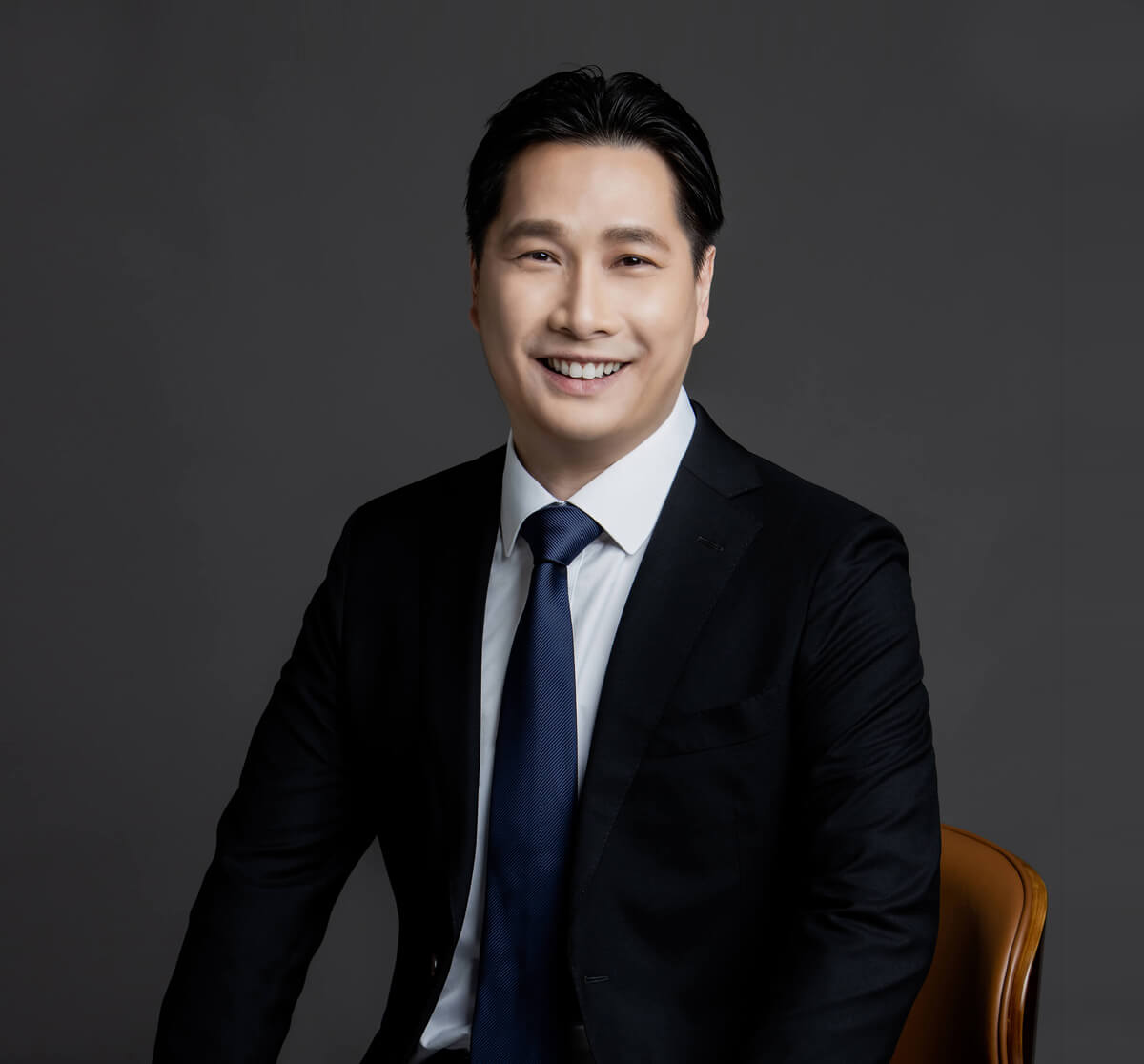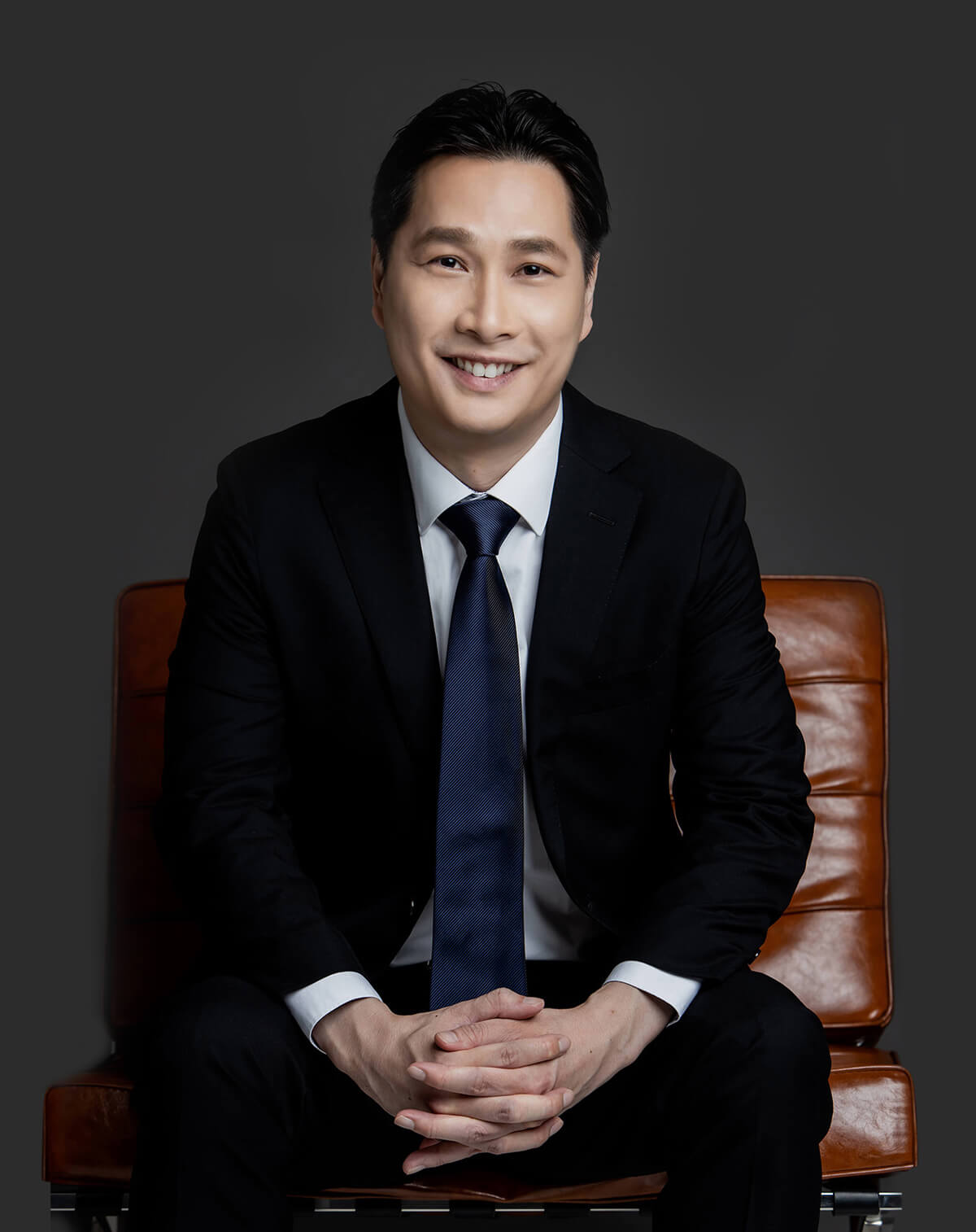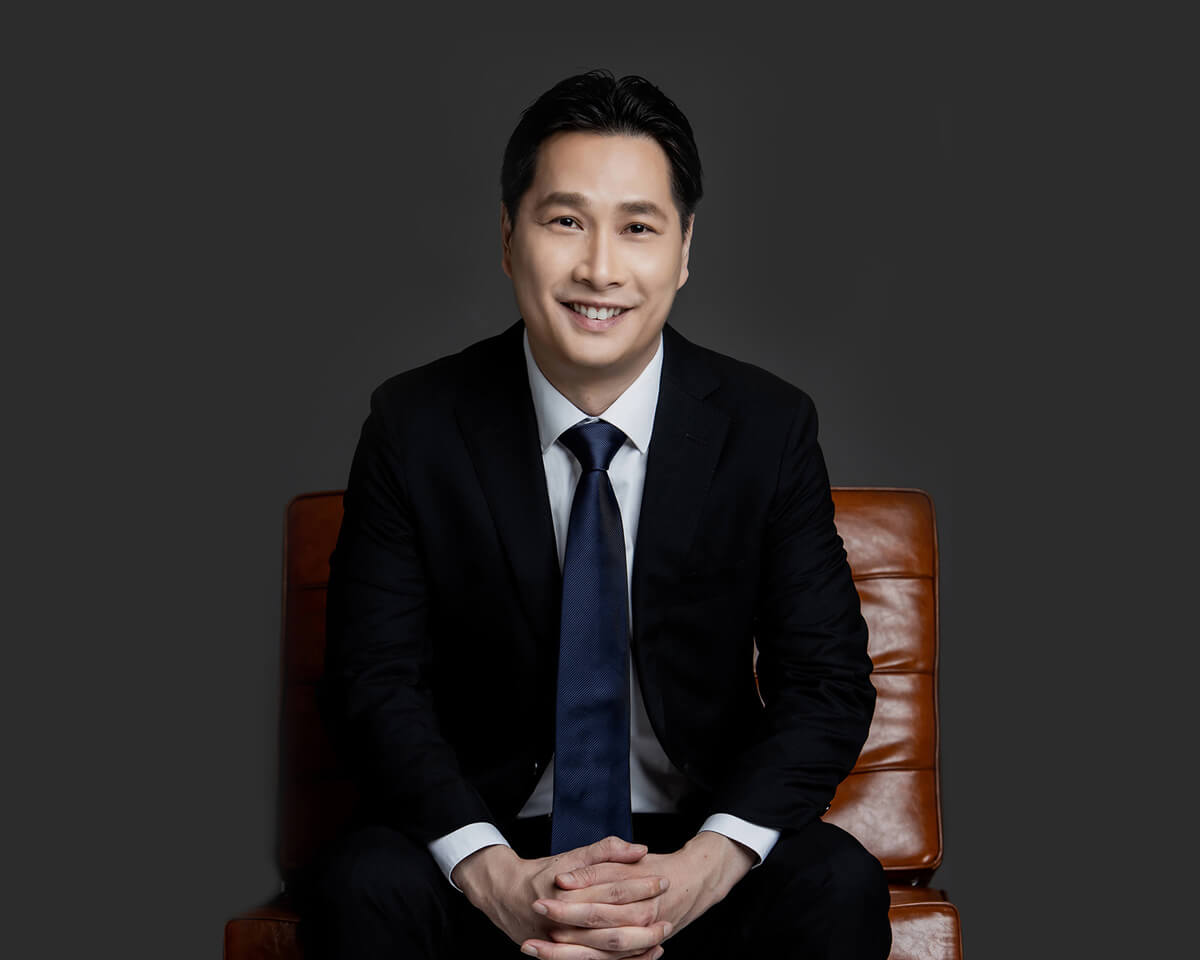
Medically reviewed by Dr. Tan Chuan Chien, Consultant General Surgeon (Breast & Thyroid Surgery)

Lumpectomy for breast cancer is a surgical procedure to remove cancerous growth or abnormal tissues from the breast. It is also called breast-conserving surgery as only a portion of the breast containing cancerous tissues is removed, thereby preserving the rest of the breasts that are healthy. This is unlike a traditional mastectomy, which removes the entire breast tissue from the breasts.
Lumpectomy is performed to remove the cancerous growth and prevent it from spreading to other parts of the body. It is also typically less invasive as compared to the entire removal of the breast tissues (mastectomy).
Lumpectomy is done if the following conditions are met:
Radiation therapy is usually provided after a lumpectomy to remove any remaining cancer cells left in the breast. This significantly minimises the risk of cancer returning (breast cancer recurrence).
This process is generally painless, although minor complications may include skin irritation, redness or peeling.
Radiation therapy is not recommended if you:
Your breasts will likely change in terms of appearance and texture after a lumpectomy. This is due to the removal of cancerous breast tissues, which will decrease the size of your breasts. Furthermore, if you have a larger tumour than breast size ratio, your breasts may become asymmetrical.
However, you may opt for breast reconstruction or other cosmetic surgeries such as liposuction and oncoplastic breast surgery either during your lumpectomy or later. This is usually done to maintain a more natural appearance of your breast and also to restore breast symmetry.
During a lumpectomy, your doctor will first administer anaesthesia before making incisions on your breasts. They will then locate the cancerous tumour and carefully remove it, together with a rim of some healthy breast tissues surrounding the tumour. This is done to ensure that no cancer cells are left behind. The tumour is then sent for testing.
Additionally, your surgeon may also remove any lymph nodes from your underarm to check if the cancer has spread.
Lastly, your surgeon will likely place small marking clips into the lumpectomy site to aid your radiologist to identify the area required for radiation therapy. The breast tissue is then sewn back together with stitches and then bandaged.
Similar to any other surgery, there are also possible complications after a lumpectomy.
They may include:
Before your lumpectomy, you will likely have several appointments scheduled with your breast surgeon. They may perform physical examinations or imaging tests such as mammography to determine the shape and size of the tumour.
They may also ask about the type of medications you are currently taking or any allergies that you may have.
Some of the things that your doctor may further recommend include:
It is also ideal that you bring along a family member or a close friend during the day of your surgery to provide support and help you take down crucial information relating to the surgery or post-surgery.
Lumpectomy surgery can be done as a day surgery procedure, meaning you can generally go home after the surgery.
After the surgery, you will be transferred to the recovery room, where you will be observed and monitored until your anaesthesia wears off. Depending on your situation, you may have a small tube inserted in your chest at the surgical site, where it will be attached to small bags for liquid to drain. Your doctor will likely remove this small tube within a week or so. During this period, you will have to empty the drain several times a day.
Following that, your doctor will likely advise you on how to care for yourself at home during the recovery period, which may include:
If radiation therapy is required, it will typically commence within a few weeks after lumpectomy.
While most patients are able to go home the day after their surgery, the recovery period from a lumpectomy surgery varies for each person. The recovery process depends on the severity of your cancer, how much breast tissue is removed during the surgery, your general health, age and many other factors.
For 1 to 2 days after the surgery, you will likely feel fatigued and experience minor pain. Swelling and bruising may also last for several weeks.
It will generally take from about 2 to 3 weeks to a month to recover fully from the surgery. However, it depends on whether additional surgery had been performed, or further radiation therapy, as these additional treatments will likely lengthen the recovery time.
It is not the end even after you fully recover. You should schedule follow-up appointments with your doctor to review your condition.
Contact your doctor to seek for immediate medical attention if you experience:
Most of the time, the intent of breast cancer surgery is to remove the cancer completely. However, there is still a risk of breast cancer recurrence in some cases. As such, it is crucial to go for all of your follow-up appointments as scheduled with your doctor, and constantly take note of any abnormalities or symptoms.
It is also important to seek treatment early. Early detection and treatment of breast cancer significantly increases survival rate and a chance of recovery.
Consult our breast surgeon, Dr. Tan Chuan Chien, to know more about lumpectomy surgery, or discuss any concerns you may face: https://cctansurgery.com.sg/contact-us/


We are equipped with modern and updated equipment, and a team that will take care of all your needs.
Dr. Tan is a Fellow of the Royal Australasian College of Surgeons (FRACS). He is also accredited to practice as a Specialist in both Singapore and Australia.
Dr. Tan firmly believes that transdisciplinary care is the key to every patient’s recovery journey.
Dr Tan is available via video-consultations for patients who are not in Singapore.


Dr. Tan Chuan Chien is a Fellowship-trained Breast and Endocrine Surgeon practicing as a Consultant General Surgeon at Gleneagles Hospital, Singapore. He also sees patients at Mount Elizabeth Novena Specialist Centre and Parkway East Medical Centre. Dr. Tan is a registered Specialist Surgeon (General Surgery) in both Singapore and Australia.
Please fill up this form and we’ll get back to you shortly!
